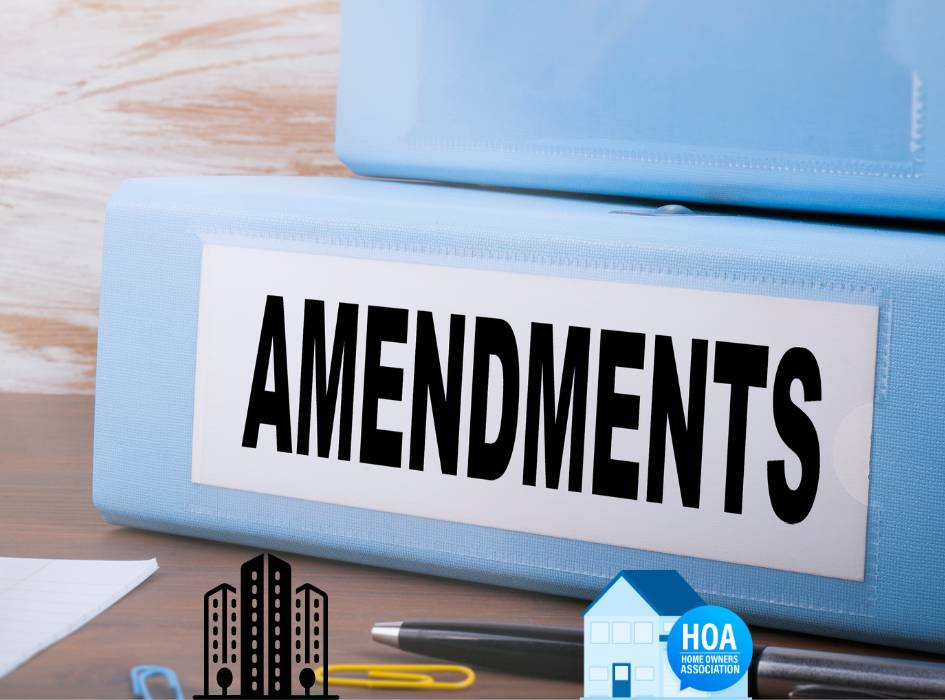
Your governing documents are the foundation of your community—stating the use of the property, rights duties and responsibilities of the association and the owners and providing for the everyday operations of the association. But if your documents were drafted in the 1990s (or even earlier), chances are they’re due for more than a light dusting. Florida laws change. Court rulings reinterpret key provisions. And your community’s needs evolve. The result? Outdated documents can cause confusion, inefficiency, or even liability.
Here’s how managers can lead the charge in modernizing community association documents—and why it’s worth the effort.
Start by gathering the “big three”:
Then include the rules and regulations and any amendments. Review them with an eye toward clarity, legal compliance, and practicality. If your documents reference repealed statutes, expired developer provisions, or outdated procedures (like notice by fax), it’s time to update.
Tip for Managers: Create a checklist of questions:
While managers can identify red flags, an experienced community association attorney must draft and approve any amendments. Legal input ensures compatibility with current statutes and prevents conflicts between documents.
What’s Changed Recently?
Updating documents requires member support, and almost always a vote of at least two=thirds of the membership for approval. That’s why education and communication are key.
Manager’s Role:
Pro Tip: Focus on benefits—faster decision-making, clearer authority, stronger enforcement, and legal protection.
Once approved by the membership, the amended documents must be properly executed and recorded in the county’s public records. Then distribute them to the community and update your website or records system.
Updating your governing documents is not just a legal exercise—it’s a leadership opportunity. A strong, current set of documents empowers your board, protects your community, and makes your job as a manager easier. If it’s been more than 10 years since your last update, it’s time to take a closer look.
Need Help? Partner with your association attorney and bring your community into compliance—and into the 21st century.
At Gray Systems, we believe that learning shouldn’t end once you step out of the classroom. This blog allows Fred to share his expertise in the Community Association Management (CAM) and Contractor (CILB & ECLB) industries. It’s a place to discuss industry related trends, code changes, insight, and know-how.
We’re so excited to have you here! This is the start of something amazing, and we can’t wait for you to explore everything Let’s make your journey unforgettable!


Be the first to get exclusive offers and the latest news
Gray Systems, Inc.
138 E Central Ave
Howey-In-The-Hills, FL 34737
Monday to Thursday : 9 am - 5 pm EST Friday: 9 am - 3 pm EST
🎉 Woohoo! You’ve made the first step toward a stunning, custom-built website. We’re thrilled to craft a Florida-compliant site that’s uniquely yours.
Let’s create something extraordinary together!
🎉 Congratulations! Your journey toward a compliant and upgraded website begins now. With our Compliant Portal, we’re ready to take your existing site to the next level. Let’s do this!